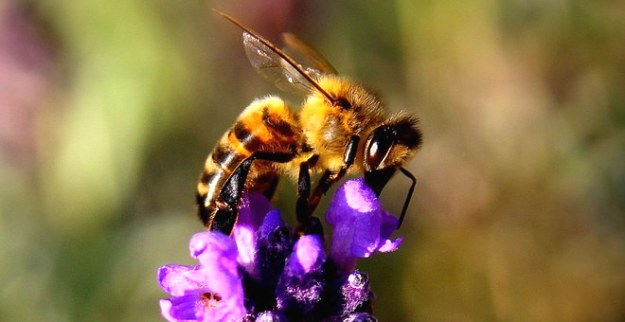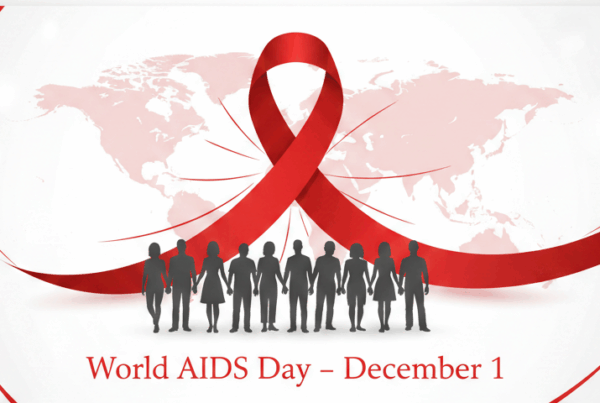Each year on May 20th, the world pauses to honor one of nature’s smallest yet most essential creatures—bees. World Bee Day is not just a celebration of these industrious pollinators, but a call to action to protect them for the sake of our food, ecosystems, and overall health.
Bees play a critical role in maintaining the delicate balance of our natural world. Through pollination, they support the growth of trees, flowers, and other plants, which in turn provide food, shelter, and oxygen for countless species. Their role in agriculture is especially vital; it is estimated that over 75% of the world’s food crops depend to some extent on pollination. From fruits and vegetables to nuts and seeds, bees help nourish billions.
But bees contribute more than just food. Their influence touches human health in subtler, often overlooked ways. A diet rich in fruits and vegetables—made possible in large part by pollinators—supports heart health, boosts immunity, and helps prevent chronic illnesses like diabetes and cancer. Without bees, access to these nutritious foods would diminish, making global health more vulnerable, especially in underserved populations.
The health of bees and the health of humans are closely intertwined. Sadly, bee populations are in decline due to habitat destruction, pesticide use, climate change, and disease. The collapse of bee colonies is not just an environmental concern—it’s a public health issue. Fewer bees mean weaker food systems, higher rates of malnutrition, and increased reliance on artificial and less sustainable methods of food production.
On World Bee Day, we are reminded of the urgent need to support pollinator-friendly practices. This includes planting native flowers, avoiding harmful pesticides, supporting local beekeepers, and advocating for stronger environmental policies. Even small actions at the community level can create a ripple effect, contributing to a healthier planet for both bees and people.
In the end, World Bee Day is more than an environmental observance—it’s a celebration of the quiet, tireless workers that hold so much of our world together. Protecting bees means protecting biodiversity, food security, and ultimately, human health. As we honor them today, we must also commit to preserving their future, so they can continue to heal the world in their own humble way.




